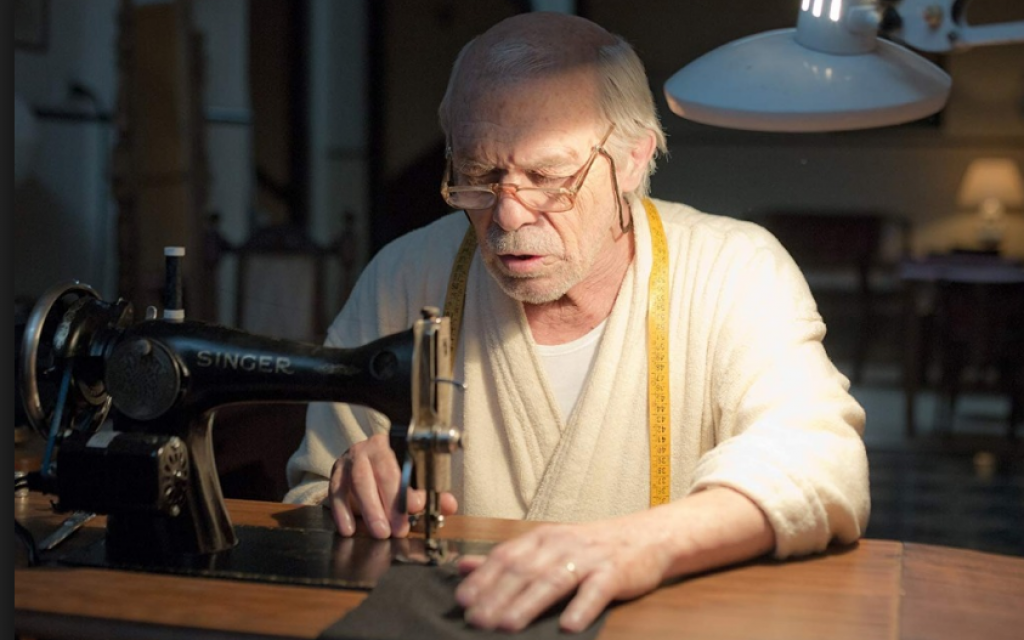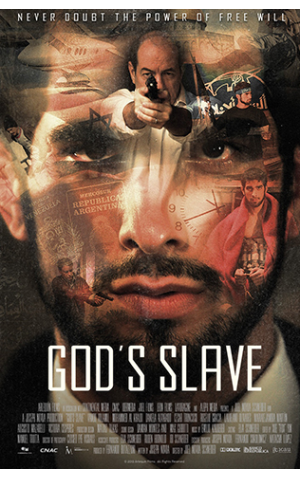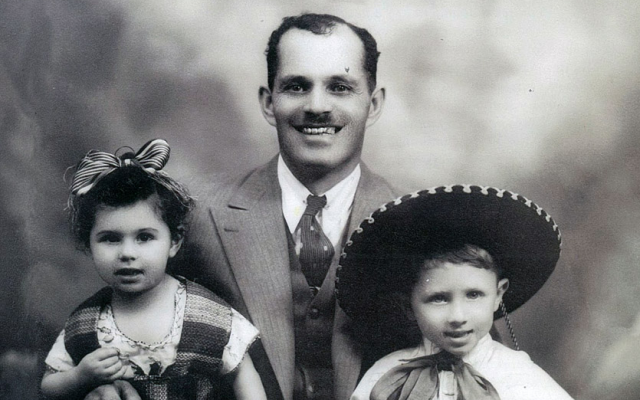Synagogue Film Festival Highlights Latin American Jews
The rich cultural tradition of Latin America’s diverse Jewish population was the focus of the second annual Latin American Film Festival at Congregation Or Hadash last week.
The rich cultural and historical tradition of Latin America’s diverse Jewish population was the focus of the second annual Latin American Film Festival at Congregation Or Hadash last week.
The festival at the Sandy Springs synagogue featured five critically acclaimed and often emotionally moving films from Argentina, Brazil and Mexico that highlighted how Jews have woven their stories into the rich cultural fabric of the region.
Both of the congregation’s rabbis, Analia Bortz and Mario Karpuj, were born, raised, educated and married in Argentina. They were ordained at the Conservative movement’s seminary in Buenos Aires, which was part of an extensive network of Jewish schools and synagogues in the country.
The film series was part of an effort by the congregation and their rabbis to pay tribute to a region that they feel often doesn’t get the attention it deserves.
“The Jewish population has been very, very active in the history of the South American countries,” Rabbi Bortz pointed out. “They have always done something that made their country very proud, whether it was in economic life or medicine or in scientific research. Although we are a very small part of the population, we have accomplished a lot.”

Only about 400,000 Jews live in the 25 countries of the region that over the last 150 years have made not only a key contribution to the development of Jewish life there, but, in many places, have played an important role in economic and social life.
Bortz, whose is both a physician and a rabbi, and whose parents were both doctors, pointed out that when she went to medical school in Argentina, 40 percent of the students were Jewish.
“We felt very, very much identified with the country and, at the same time, we have never, ever hidden our Jewish identity.”
One of last week’s films, “A Kiss to This Land,” was a documentary about the gratitude that Jewish immigrants expressed about the refuge they found in Mexico.
The film, which was released in 1996, has been called “beautiful and deeply moving” by the Los Angeles Times, and is distributed by the prestigious The National Center for Jewish Film at Brandeis University. It was introduced by a synagogue member, Jackie Levi, whose mother and father appear in the film.
“People are not aware that outside the American Jewish community there are communities that are very alive and very well and very healthy and very solid in the Latin American countries,” she said.

For her it was a community that, as she put it, embraced Jews, including her grandfather when he immigrated there from Eastern Europe. He was also interviewed for the film, which was produced by Levi’s cousin.
Although she has not lived in Mexico for many years, she remembers life in a community that always seemed vibrant and full of life. In introducing her cousin’s documentary last week, she spoke of the extensive web of community institutions that Jews established in Mexico.
“Jews are involved in almost in every aspect of Mexican life. Yet they live in what my children would call ‘a bubble.’ There was hardly any intermarriage; we all attended the Jewish day schools. In Mexico City, there were 10 of them to accommodate the different communities within the community, from kindergarten to high school.”
And yet there has been a dark side to living in some parts of Latin America. In recent years Jews in Venezuela, who have experienced the turmoil there and the sting of anti-Semitism, have fled in significant numbers for the United States.
In Argentina, which has nearly 300,000 Jews, they have experienced the ups and down of anti-Semitism compounded by terrorism.
In 1994, a bomb blast leveled the social service headquarters building of the Jewish community in Buenos Aires in what was considered the worse case of terrorism in the country’s history. In the explosion, 84 people were killed and 150 were injured.
The attack was said to be the work of foreign agents from Syria and Iran, but in February an Argentine court found the judge for the original court case, two prosecutors, a police commissioner, the head of Argentina’s intelligence service at the time of the attack and two top intelligence officials guilty of covering up a Syrian connection and paying off witnesses to influence the investigation.
Just last Friday, a homeless couple threatened worshippers at a Shabbat evening service in a Buenos Aires synagogue, yet another incident in the recent uptick in anti-Semitic hate speech and violence there.




comments